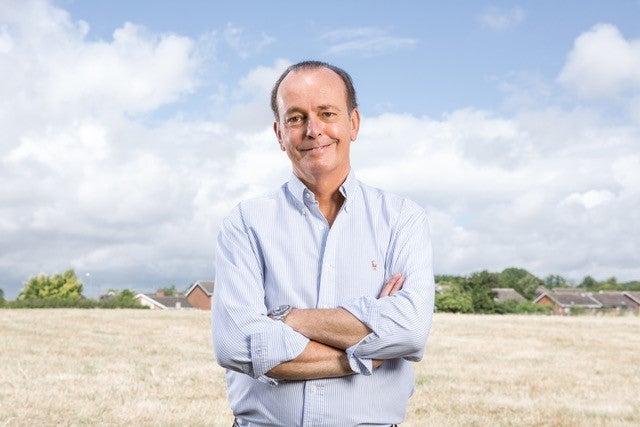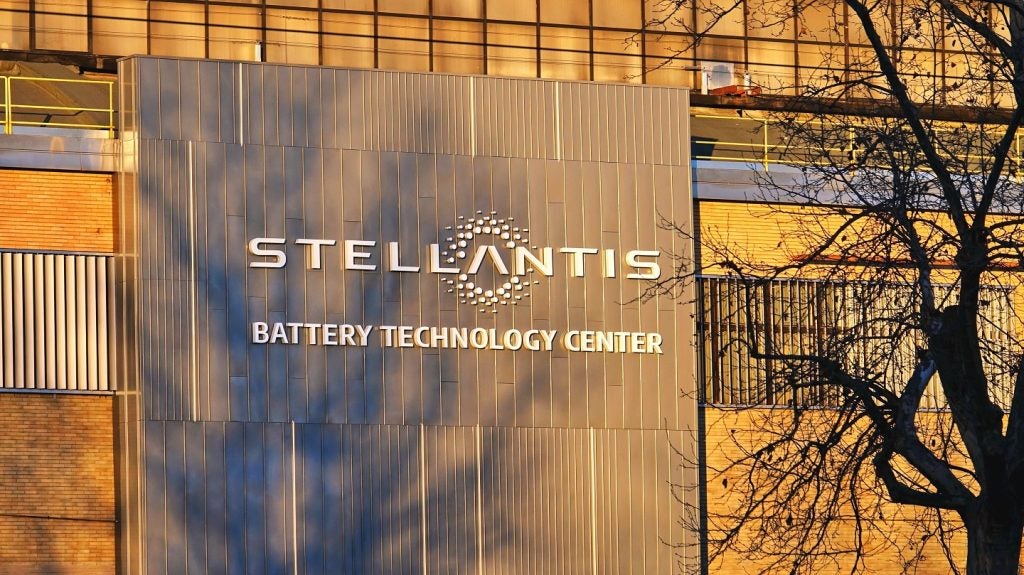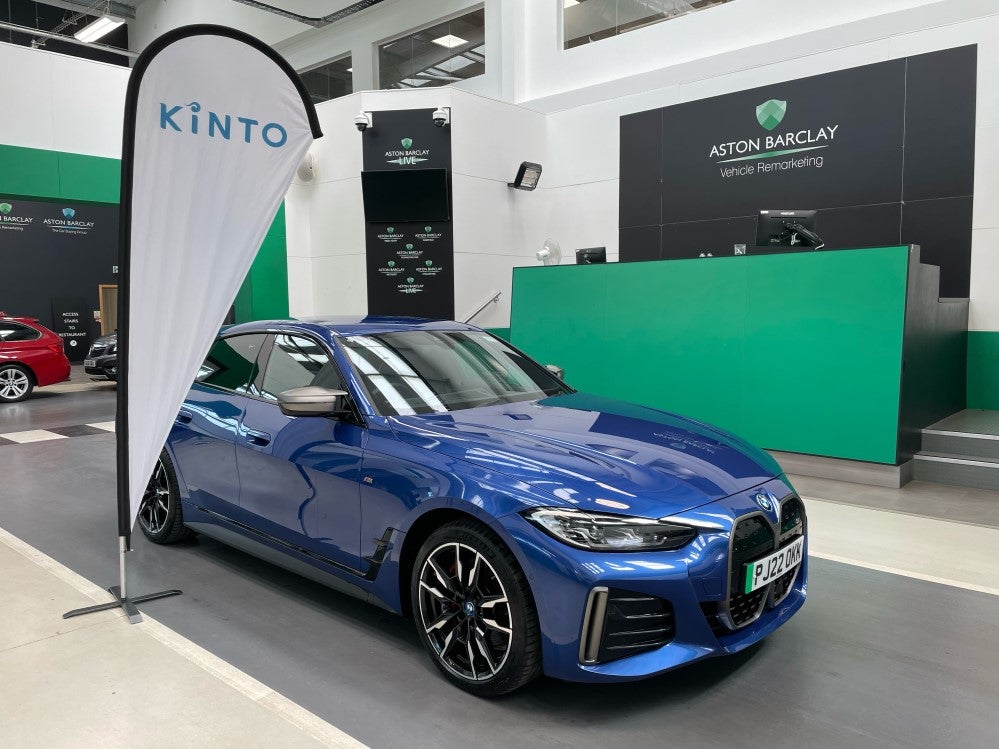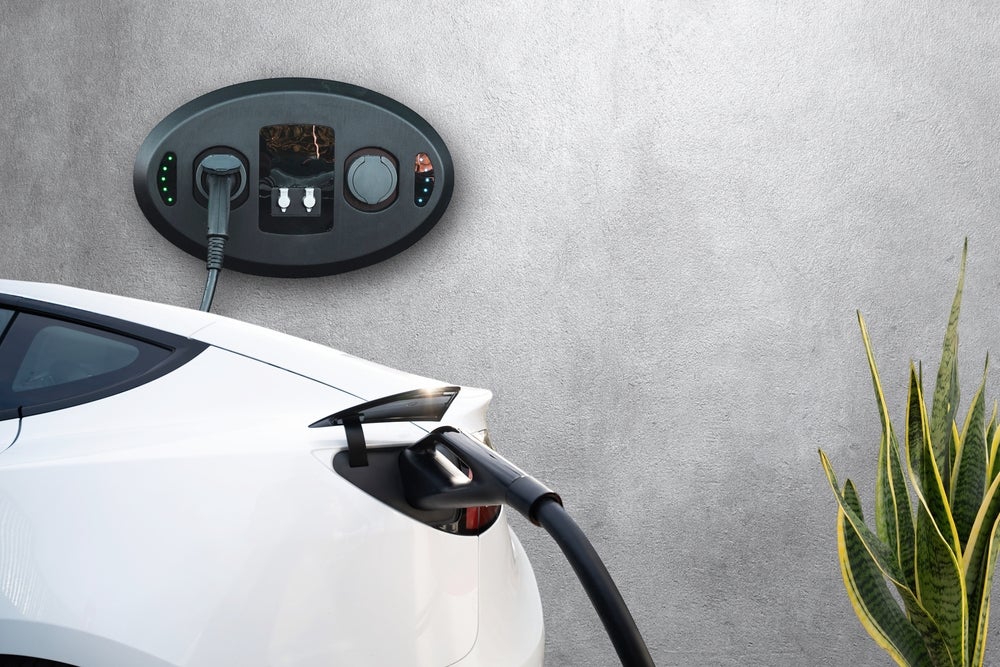The recent report from the House of Lords Environment and Climate Change Committee on the progress of the UK’s EV transition is damning. The UK Government’s EV strategy, the report warns, ‘needs a rapid recharge’. Anybody remotely involved with EVs, and electrification will have seen relentless anti-EV narratives in the media over the last two years.
Some papers run an anti-EV story every day – literally. This misinformation, mainly written by those who have never owned, and often, never driven an EV, has slowed adoption and cemented a litany of mischievous myths in the public consciousness. No wonder EV sales to private drivers have slowed.
FairCharge, the Fully Charged Show, Stop Burning Stuff, Autotrader, and others, have been highlighting this campaign of misinfo for months. Stop Burning Stuff and FairCharge were the first to bring it front and centre of public attention, at a special event at the QEII Centre in London September 2023.
While we don’t know if the anti-EV campaign has been funded by vested interests, or is just editors generating clickbait stories, EV misinfo is definitely A Thing. And the Government hasn’t helped. The PM’s row back on the 2030 date has confused the market and frustrated car makers who had planned their model cycles around this date. Favouring fossil fuels with new oil and gas drilling licences has also confused the messaging to the point that the Conservatives appear to have pivoted away from electrification and turned EVs into a wedge issue. We’re in the middle of an EV culture war.
Yet there’s so much the Government should be doing to protect our domestic car industry, increase EV adoption and attract global investment. Because if they don’t, we risk being swept away by the billions offered by the EU’s Green Deal, the US Inflation Reduction Act and boatloads of budget Chinese EVs.
To do nothing and just protect the Old Order isn’t an option. The UK’s industrial and economic future depends on a clear, long-term EV strategy, unencumbered by electoral cycles and political interference.
How well do you really know your competitors?
Access the most comprehensive Company Profiles on the market, powered by GlobalData. Save hours of research. Gain competitive edge.

Thank you!
Your download email will arrive shortly
Not ready to buy yet? Download a free sample
We are confident about the unique quality of our Company Profiles. However, we want you to make the most beneficial decision for your business, so we offer a free sample that you can download by submitting the below form
By GlobalDataThere are simple and relatively inexpensive levers that government can pull to help adoption: cutting the 20% VAT on public charging to 5% for those without driveways is an easy win. Autotrader/SMMT’s suggestion of reducing the VAT on new EV purchases is another. Creating a national battery State of Health Certificate for used EVs – like an MoT – would help increase public confidence in second-hand EVs. And adopting FairCharge’s and the RAC’s recent Public Charging Charter is another.
Many expert voices agree that the cutting of grants for both EVs and home chargers was premature. Reducing the cost of EVs for everybody is a key milestone that must be reached if we’re to make zero emission driving affordable for the many.
Stimulating demand for used EVs is critical and while other countries like France have created subsidised EV lease schemes for lower demographic drivers, the UK shows no such ambition. Local councils need to be empowered to roll out a local charging infrastructure without having to wait months to access the promised funding. Planning needs to be streamlined and charging hubs treated as critical infrastructure that needs to be prioritised.
Motorway service station operators tell us that the costs of ultrarapid charger grid connections runs into tens of millions and years of delays – this is unacceptable and needs to be accelerated. Even something as simple as putting up signs on our road network to showing that there are already over 52,000 charge points in operation would reassure drivers that a reasonable charging infrastructure already exists. These are simple initiatives, badly needed.
And how do we mobilise the 600,000 domestic home chargers already connected to the nation’s driveways? Why can’t we share this important resource with all EV drivers and incentivise a national charge share solution. They won’t be used 24/7 so there’s a massive spare charging capacity, sitting partly unused. Charge Point Operators need to offer Dynamic Charging Rates so consumers can benefit from lower charging costs with time-of-day tariffs based on day ahead and intraday markets.
De-coupling expensive gas from electricity prices is another must. The low price of renewable electricity isn’t being passed on to consumers as gas prices determine the wholesale price of electricity because gas-fired power stations are the last part of the demand-supply chain. Renewables are regularly providing up to 50% of the UK’s electricity mix but their low cost is being distorted by the smaller, but more expensive, gas component. The Government needs to act on its Review of Electricity Market Arrangements.
We need the Plug & Charge system, slated for availability by 2025, to be trialled and ready so EV drivers don’t need to faff with apps, cards, and unreliable Wi-Fi signals, but can experience the same seamless system as Tesla where there is no physical transaction, and the cost is automatically debited to the consumer’s account, with a monthly invoice like a mobile ‘phone. Priority needs to be given to the very successful Gridserve charging hub model with multiple ultra-high-speed chargers available like forecourt petrol pumps where dozens of EVs can charge quickly at the same time. Like traditional fuel stations we need these hubs in cities and along the strategic road network with shops and facilities. And we need interoperability of charging plugs, sockets, and chargers so everybody can use the infrastructure we already have. Tesla are trialling this with some of their superchargers, but it needs a wider rollout.
We’re in the middle of a massive technology shift that too many people just don’t understand.
And isn’t it time for a government information campaign to tell drivers that batteries don’t degrade or catch fire as they’ve been led to believe and that the total cost of ownership of an EV without expensive regular servicing bills is much cheaper over time than a combustion car? We’re in the middle of a massive technology shift that too many people just don’t understand.
EVs have been available since 2009 so we have billions of miles of global data available to empirically prove the reliability of battery technology. Expecting consumers to base their buying decisions on inaccurate information found on social media is one of the reasons why private sales of EVs have slowed. And while EVs aren’t for everybody yet and the current charging infrastructure certainly has limitations, the technology will improve, with lower costs, longer ranges and shorter charging times.
If the Government really does want cleaner urban air, less reliance on monopolistic foreign regimes for fuel and cheaper renewable electricity for all stored in grid-balancing static storage batteries, then they need to craft a long-term strategy now and be genuinely creative about making this historic energy transition happen. I’d like to see government charging and EV champions to oversee and galvanise this important transition.
And we need to make it very clear – and it must be said that the 2030 deadline wasn’t properly messaged – that drivers won’t be forced to give up their existing vehicles and that they can continue driving their used petrol and diesel cars, vans, and pick-ups for as long as they want.
Electrification mustn’t become an evangelistic, prescriptive crusade, but a cleaner, cheaper, more modern and attractive alternative to the 120-year-old, friction-based combustion engine. Get this right and we will literally change the air we breathe.
Quentin Willson, Founder FairCharge
Quentin Willson
Award-winning motoring journalist and transport campaigner Quentin Willson is one of Britain’s best known automotive media faces. He presented BBC Top Gear for ten years along with Fifth Gear, Britain’s Worst Driver, The Classic Car Show and The Car’s The Star, has authored 11 motoring books and won The British Press Awards – Motoring Writer of the Year. In 2020 he founded FairCharge, an EV campaign group to make EV transition more understood, accessible, and affordable, and to push the Government to drive the energy transition forward. Quentin works with government, car makers and parliamentarians and is a regular on TV, radio and in print.









Related Company Profiles
Tesla Inc